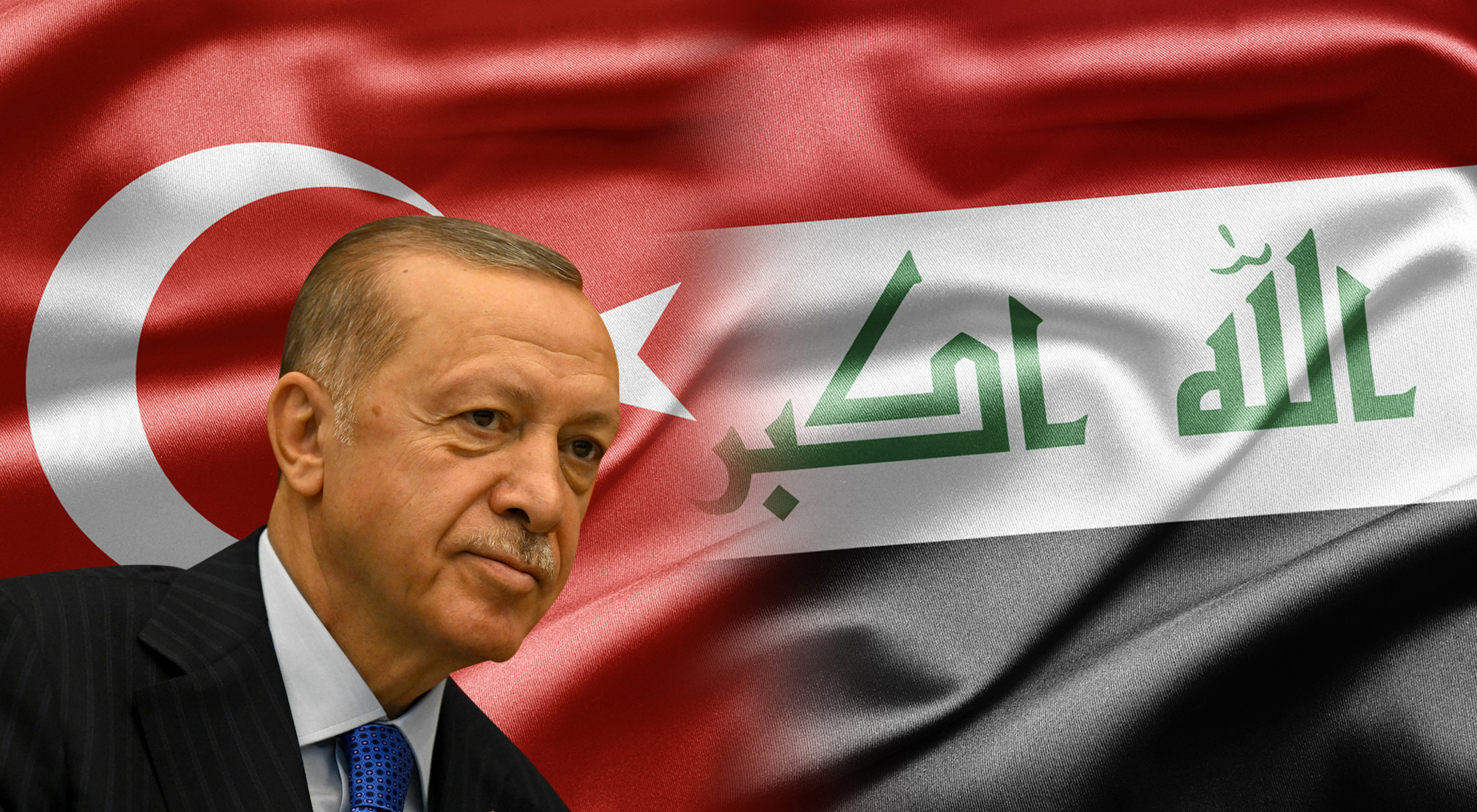A report by Al-Monitor highlights how the ongoing war involving Israel is giving Turkey a strategic edge—from the Caucasus to Iraq—at Iran’s expense.
While the conflict between Israel and Iran has created a temporary opportunity for Ankara and Tehran to publicly set aside their rivalry, the article notes that the calm may not last. Iran’s weakening could allow Turkey to push forward its own agendas, intensifying the long-standing competition between the two countries across the region.
Despite a brief easing of tensions, the core rivalry between Sunni-majority Turkey and Shiite-majority Iran remains deeply rooted in decades of competing ambitions over regional dominance in politics, security, and economic influence.
According to the report, Iran’s recent military setbacks at the hands of Israel and the U.S. have opened a window for Turkey to pursue its strategic objectives, particularly in key theaters such as Iraq, Syria, and the South Caucasus. However, Iran’s ability to endure and leverage its wide network of proxies could still pose significant obstacles to Ankara’s ambitions.
Historically, Turkey has viewed Iran’s regional aspirations with suspicion, especially Tehran’s use of proxy groups to expand its influence across Iraq, Syria, and beyond. The rivalry intensified in the early 2010s when Turkey, under President Recep Tayyip Erdoğan, began adopting more assertive regional policies.
Though Turkey emerged as a key backer of armed opposition groups fighting against Iran-backed Syrian President Bashar al-Assad, tensions over Syria significantly cooled after Assad’s regime collapsed in late December 2024.
The article emphasizes Iraq as one of the major arenas of shifting power dynamics between Iran and Turkey. Both nations are vying for influence in Baghdad, and Ankara has significantly bolstered its engagement over the past two years under Iraqi Prime Minister Mohammed Shia al-Sudani.
Still, despite increased Turkish involvement, Iran retains the upper hand in Iraq due to its two-decade-long political relationships and a broad network of Shiite militias established after the fall of Saddam Hussein in 2003.
Turkey’s expansion in Iraq clashes with Iran on multiple fronts, including Ankara’s efforts to bring Baghdad and Damascus closer together—a diplomatic initiative viewed with suspicion in Tehran.
Moreover, Iran continues to wield the “Kurdish card” to oppose the development of strategic transportation corridors in Iraq and the South Caucasus—projects that could reshape regional trade routes.
The Significance of the Zangezur Corridor
One major flashpoint in this competition is the long-standing strategic goal shared by Turkey and Azerbaijan: the Zangezur Corridor. This planned route would connect mainland Azerbaijan with its Nakhchivan exclave bordering Turkey, via the Syunik Province in southern Armenia.
Though both Turkey and Iran consider Kurdish separatism a threat to their territorial integrity, neither has hesitated to exploit Kurdish populations within the other’s borders when it suits their interests, the article notes.
A symbolic disarmament by the Kurdish PKK earlier this week marked a new stage in peace talks with Ankara, but Al-Monitor warns that these efforts could be undermined if Iran plays the role of “spoiler.”
Nonetheless, in the wake of the recent war, Iran—facing both internal vulnerabilities and fears of foreign intervention—may be more inclined to cooperate with Turkey than it has been in the past.


